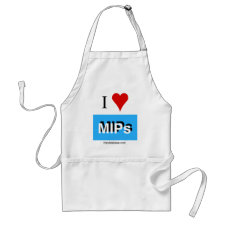
Authors: Li Y, Li X, Li YQ, Qi JY, Bian J, Yuan YX
Article Title: Selective removal of 2,4-dichlorophenol from contaminated water using non-covalent imprinted microspheres.
Publication date: 2009
Journal: Environmental Pollution
Volume: 157
Issue: (6)
Page numbers: 1879-1885.
DOI: 10.1016/j.envpol.2009.01.014
Alternative URL: http://www.sciencedirect.com/science/article/B6VB5-4VP1745-2/2/6272b5f4ea57eb4cd90d92f0d17b06c2
Abstract: A molecularly imprinted polymer (MIP) for selective removal of 2,4-dichlorophenol (2,4-DCP) in water was prepared as microspheres by the reverse microemulsion polymerization method based on the non-covalent interactions between 2,4-DCP, oleic acid, and divinylbenzene in acetonitrile. Microspheres have been characterized by Fourier transform infrared spectrometer (FTIR) and energy dispersive X-ray spectrometer (EDS) studies with evidence of 2,4-DCP linkage in polymer particles and scanning electron microscopy (SEM) to study their morphological properties. The proper adsorption and selective recognition ability of the MIP were studied by an equilibrium-adsorption method. The MIP showed outstanding affinity towards 2,4-DCP in aqueous solution and the optimum pH value for binding has been found around the neutral range. The molecular recognition of 2,4-DCP was analyzed in detail by using molecular modeling software. In addition, by investigating the variation in the adsorption ability of the MIP, it clearly showed excellent reproducibility
Template and target information: 2,4-dichlorophenol, 2,4-DCP
Author keywords: 2,4-Dichlorophenol, molecularly imprinted polymer, removal, water



Join the Society for Molecular Imprinting

New items RSS feed
Sign-up for e-mail updates:
Choose between receiving an occasional newsletter or more frequent e-mail alerts.
Click here to go to the sign-up page.
Is your name elemental or peptidic? Enter your name and find out by clicking either of the buttons below!
Other products you may like:
 MIPdatabase
MIPdatabase









